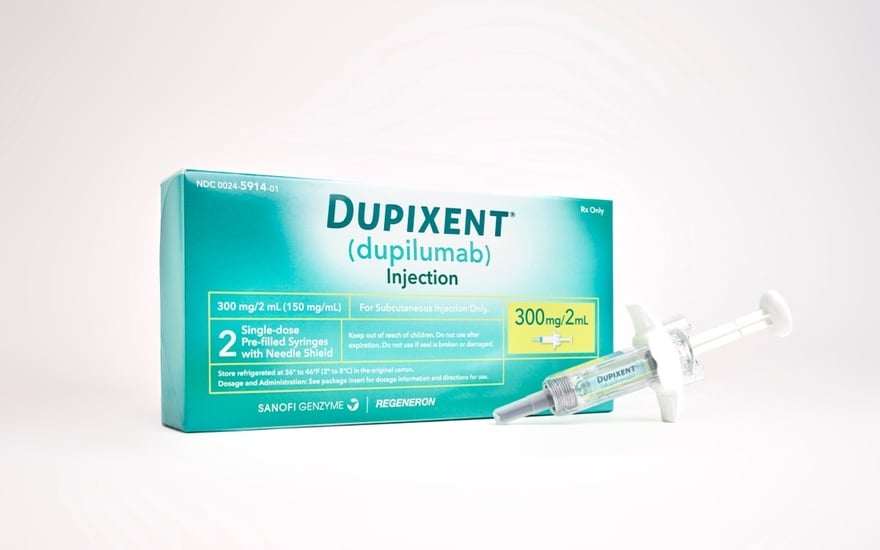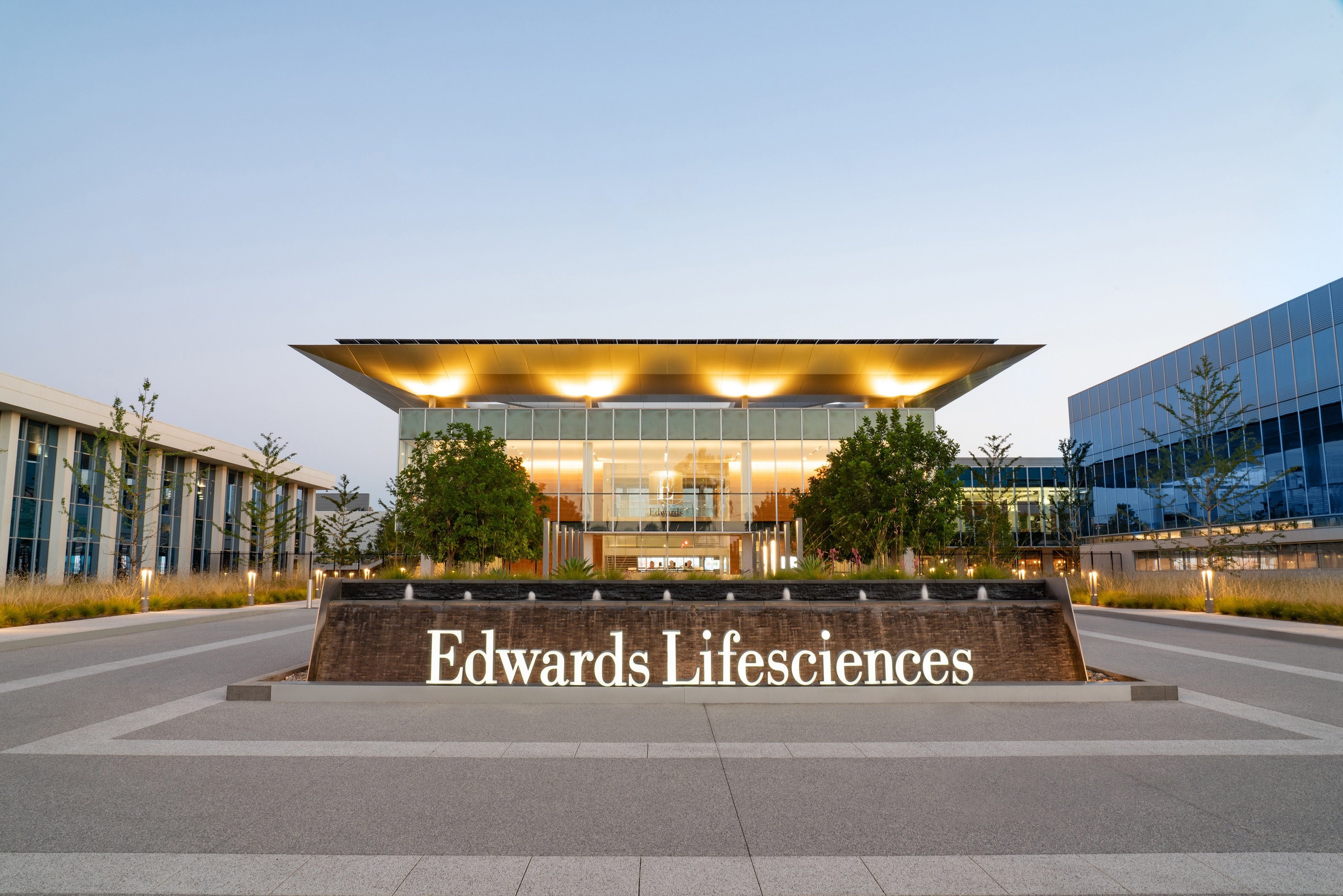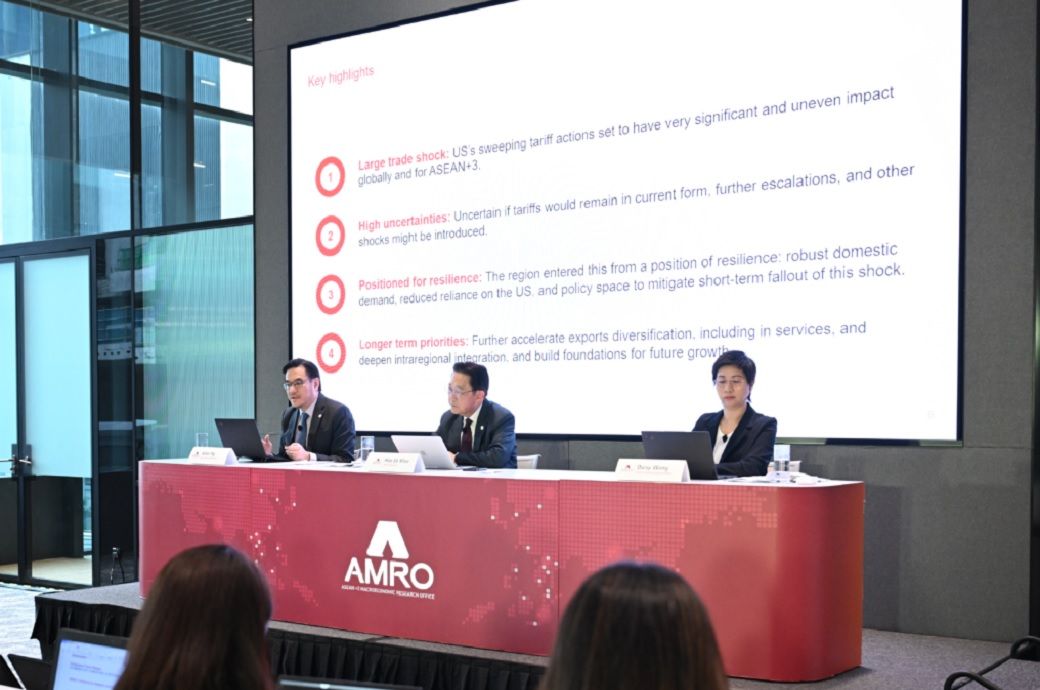Antioxidant and Anti‐Senescence Polyvinyl Alcohol‐Gallic Acid Supramolecular Hydrogels for Stem Cell Culture
Advanced Healthcare Materials, EarlyView.

The PVA-GA hydrogel is formed through hydrogen bonding between PVA hydroxyl groups and GA galloyl units, enabling sustainable GA release and its extended biological activity. The hydrogel scavenges ROS to reduce oxidative stress, preventing mitochondrial damage from excessive ROS, mitigating hADSC senescence, and preserving VEGF secretion, offering a potential solution for biomedical applications.
Abstract
Replicative senescence presents a significant challenge in mesenchymal stem cell (MSC) expansion due to high reactive oxygen species (ROS) levels generated during culture. Elevated ROS levels lead to oxidative stress, cellular damage, and senescence, limiting the biomedical applications of MSCs. In this study, a supramolecular thermo-reversible hydrogel composed of the natural polyphenolic compound gallic acid (GA) and polyvinyl alcohol (PVA) was designed to scavenge ROS and mitigate MSC senescence. The PVA-GA hydrogel, stabilized by strong hydrogen bonding forces, exhibited an elastic modulus comparable to that of human soft tissue and facilitated the sustained release of GA over 14 days. It enhanced MSC survival, protected against oxidative stress, reduced intracellular ROS levels, diminished mitochondrial damage, and decreased cellular senescence. The hydrogel maintained the multilineage differentiation potential and typical phenotype of MSCs. Additionally, it preserved vascular endothelial growth factor (VEGF) secretion from MSCs under oxidative stress and enhanced their pro-angiogenic effect. The conditioned medium derived from MSCs in the hydrogel group promoted migration and tube formation of human umbilical vein endothelial cells (HUVECs). These findings suggest that the PVA-GA hydrogel holds significant promise for the biomedical applications of MSCs, potentially addressing the challenges posed by oxidative stress and cellular senescence.







































































































































































